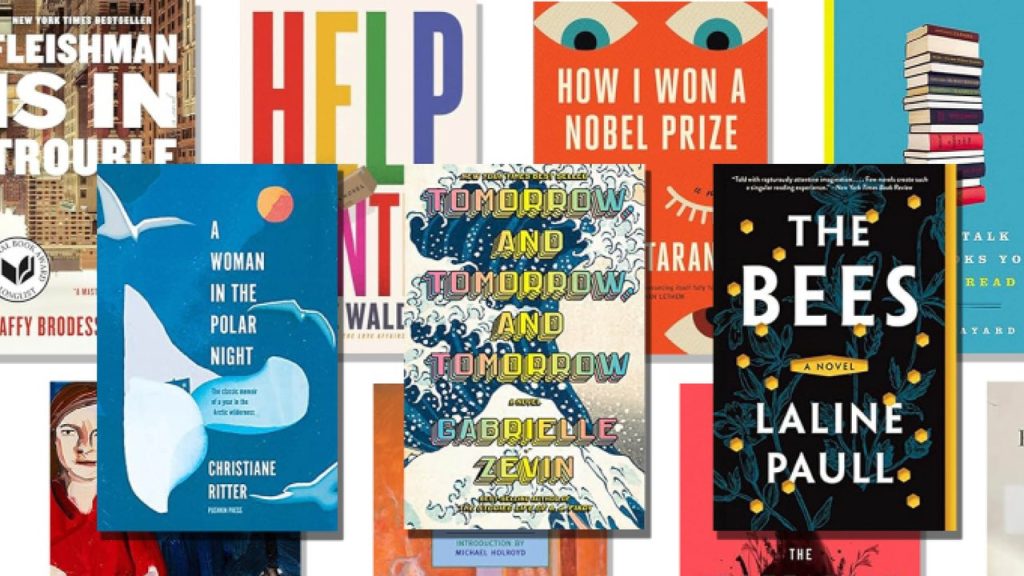When starting a book club, the choice of book plays a significant role in the club members’ enjoyment and engagement. Various theories exist on how to select the best book for a book club. One approach is to pick books that generate a range of opinions to spark debates and discussions among members. The reaction a book provokes can determine its suitability for book club discussions, fostering a collective experience that enriches the reading experience. The selection of a book can shape the dynamics of the book club and solidify connections between members.
In creating your book club reading list, trusted reader friends and book experts can provide valuable recommendations. Books that delve into complex themes and evoke strong emotions are often ideal for book clubs. “Acts of Service” by Lillian Fishman is a thought-provoking novel that explores dynamics of gender, sex, and relationships. Laline Paull’s “The Bees” is a wildcard choice set in a beehive, sure to divide opinions among club members. Marlon James’ “The Book of Night Women” delves into the cruelties of slavery and raises important questions around consent, power, and class.
Non-fiction books like Matthew Desmond’s “Evicted” offer sobering insights into social issues like housing insecurity and poverty. Taffy Brodesser-Akner’s “Fleishman Is in Trouble” paints a vivid portrait of the material concerns of a certain social milieu, sparking engaging discussions on class and relationships. Lea Ypi’s memoir “Free: Coming of Age at the End of History” provides a powerful account of growing up in closed-off Albania and the impacts of political and economic changes on society.
Recommendations from bookstores and literary podcasts can lead to captivating book club selections. Books like Adelle Waldman’s “Help Wanted” bring nuance and sensitivity to narratives set in unique workplace environments, sparking conversations on societal structures and dynamics. Thought-provoking reads like Julius Taranto’s “How I Won a Nobel Prize” and Pierre Bayard’s “How to Talk About Books You Haven’t Read” offer entertaining and insightful perspectives on academia and literature. Titles such as Andrea Elliott’s “Invisible Child” and V. E. Schwab’s “The Invisible Life of Addie LaRue” invite book club members to explore poignant human stories and fantastical realms, encouraging deep reflections and engaging conversations.
Classics like “The Master and Margarita” by Mikhail Bulgakov and “Middlemarch” by George Eliot can provide book clubs with timeless narratives ripe for analysis and interpretation. Contemporary novels such as Gabrielle Zevin’s “Tomorrow, and Tomorrow, and Tomorrow” and Han Kang’s “The Vegetarian” offer rich characters and intricate plots that stimulate lively discussions. By carefully curating book club selections that resonate with members’ interests and passions, book clubs can foster meaningful connections, diverse perspectives, and intellectual growth among readers.


